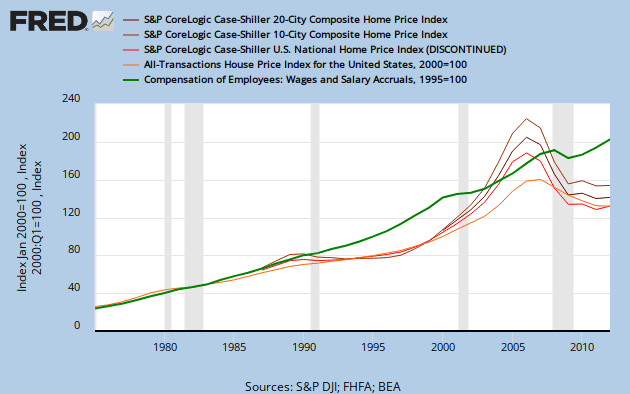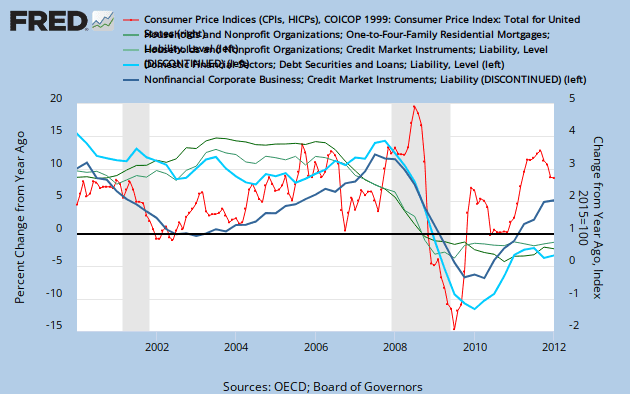Quotation: "If the American people ever allow private banks to control the issue of their currency, first by inflation, then by deflation,
dear, this is why the banks don't control the currency. The government does through what they call the Fed. Why not look it up??
Welcome to Econ 101, class one day one?
You really don't know doodle squat economic history, do you?
The government controls the FED?
You might want to ask Nixon, Ford, Carter and Reagan about that.
They might have a very different POV about who CONTROLS the Fed.
Because they know, unlike you, apparently, that the FED decides for itself.
Really stupid? So the FED is a private entity? Better yet, FED personnel is not appointed by the President? Mmmm - that's funny.
Sorry, but it is government controlled and anyone who thinks otherwise is a monumental idiot.....



